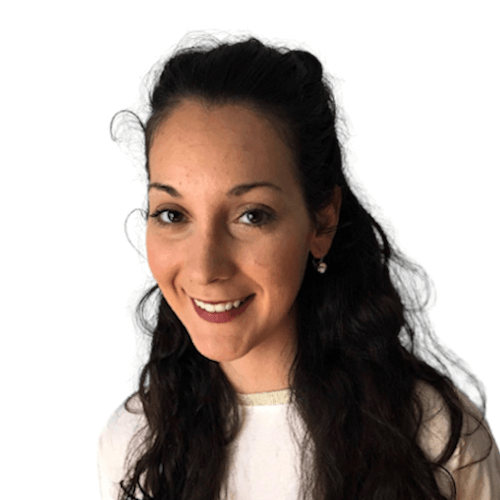— by
 Swati Mishra
Swati Mishra
 Written by
Mia Kun
in
Revenue Management
Written by
Mia Kun
in
Revenue Management To successfully identify the hotel market and the main competitors, we must first look at ourselves and understand our positioning. Every property is unique. Hence, the revenue management strategy varies from property to property. This uniqueness can be because of location, such as city center, rural, or airport, or style and category, such as budget or luxury.
First, we must decide where we fall regarding location, style, and category. Understanding the main attributes of our property is the key to selecting a correct market that provides accurate information and helps us understand trends, movements, and performance. Once we have the basics covered, we need to dig deeper and position our property based on other factors:
Ascertain the main segments, such as IBT (business travelers and government officials), LEI (leisure travelers—families or couples), or Groups (various groups with more than ten rooms). Next, identify the most popular segment for our property. It will help you tailor the revenue management strategy to appeal to our target customers. It will also help you identify if any other property in the market or your region hosts similar guests.
Finding the right channel is equally important. Channels refer to systems from where you get bookings. You should find out whether bookings are coming directly from your hotel's website or potentially via any third-party channel such as Booking.com or Expedia. Or are the bookings coming from a Travel Agent perhaps?
Knowing where the booking originated will help you narrow down the way of communication best suited for your target audience. If you know how they book, you will know how to reach them and capture their attention. And that’s needed to understand the market and change your revenue strategy!
HotelMinder, it is about:
HotelMinder, it is about:
Every property has different seasonality and DOW patterns. But what are these? DOW (Day of Week) pattern means which is the most popular day guests arrive during the week. For example, business travelers often travel on Tuesdays and Wednesdays. Leisure guests, on the other hand, often book hotels on the weekends. Every property has a different pattern of DOW bookings, as well as of seasonality. Seasonality is identified by months. Knowing which are the busiest (high season) and slowest (low season) months can help you manage inventory, renovations, staff requirements, and more. Knowing when your guests will arrive and stay for a while is key!
Identifying the who, where, and when is the recipe for understanding our market and positioning ourselves within the competitive set surrounding us. Furthermore, this will help you identify your hotel's strengths and weaknesses and work on them.
Additionally, you should explore and understand different market trends. Trends are repeating patterns that happened in the past and will likely happen again. By analyzing past instances and understanding customer behavior, you can prepare and predict what will happen this year and the following.
Without following the above steps and gaining the knowledge to guide you into the uncertain future, you would be heading down a dark path of the unknown. Instead, armed with accurate information, you will have adequate information to avoid unnecessary setbacks and maximize revenue potential.
To learn other ways to maximize your hotel’s potential, get in touch with us!
Mia Kun, originally from Hungary, Budapest, has been living in London UK while pursuing her interests in travelling and experiencing other cultures.
HotelMinder is a leading advisory agency for hoteliers to maximize business performance with hands-on advisory & project management services; a free and unbiased hospitality knowledge platform with Tech, Marketing, Revenue and Operational content; and a marketplace for professionals from all over the world to find hospitality specific software and services that best match their vision and requirements.
Browse Academy
Check out the latest Insights, News and Articles from our team and industry leading partners.
Discover more insightful articles written by Industry Leaders in HotelMinder's Open Hospitality Academy.
We evaluate objective(s), defining opportunities and setting goals.
We make a plan detailing what should be done to help reach set goals.
We implement change, as planned, within set timeline and budget.